Understanding Chapter 7 Bankruptcy in Jackson, MS
Do you feel trapped by your debt and unable to escape it? One option that might help is filing for Chapter 7 bankruptcy. If you are thinking about filing one, you should identify which debts are discharged in Chapter 7 bankruptcy. Our Jackson MS bankruptcy lawyers at Rollins Law Firm can provide valuable assistance and guidance when filing for Chapter 7 bankruptcy.
Chapter 7 bankruptcy is a serious matter, and you can trust that the Rollins Law Firm’s Jackson attorneys will provide you with the best possible representation throughout the process. As soon as your step foot in our Jackson, Mississippi office, we will do all in our power to see to your every need. We will be by your side through every step of the bankruptcy procedure, from paperwork to creditor negotiations. Schedule a free consultation with us today!
What is Chapter 7 Bankruptcy?
This chapter of the Bankruptcy Code provides for “liquidation” – the sale of a debtor’s nonexempt property and the distribution of the proceeds to creditors. Most people prefer filing for Chapter 7 bankruptcy because Chapter 7 is quick, and filers can eliminate debts without repaying anything to creditors.
What are the Chapter 7 Bankruptcy Eligibility Requirements?
There are several eligibility requirements that individuals must meet before filing for Chapter 7 bankruptcy. These include:
- Means test: Under bankruptcy laws, individuals must pass a means test to determine if they qualify for Chapter 7 bankruptcy. This test compares their income to the median income in their state and takes into account certain expenses to determine if they have enough disposable income to pay off some of their debts.
- Credit counseling: Before filing for bankruptcy, individuals must complete a credit counseling course from an approved agency. This course helps them understand their financial situation and explore other options besides bankruptcy.
- Residency: Individuals must have lived in the state where they plan to file for bankruptcy for at least 91 days prior to filing.
- Previous bankruptcies: If an individual has filed for bankruptcy in the past and received a discharge, they may be ineligible to file again for a certain period of time.
- Fraudulent behavior: If an individual has engaged in fraudulent behavior, such as hiding assets or lying on a credit application, they may be ineligible for Chapter 7 bankruptcy.
Which Debts are Discharged in Chapter 7 Bankruptcy?
In Chapter 7 bankruptcy, most unsecured debts, such as credit card debt and medical bills, can be discharged or eliminated. However, there are exceptions, such as student loans, tax debts, and court-ordered fines.
In Chapter 13 bankruptcy, a repayment plan is developed to pay off some or all of the debts over a period of three to five years. Some unsecured debts, such as credit card and medical bills, may be discharged at the end of the repayment plan if they have not been fully paid off.
Common debts that can be cleared in Chapter 7 bankruptcy
Chapter 7 bankruptcy allows individuals and businesses to discharge most of their unsecured debts, which are debts that are not tied to collateral such as a house or car. Here are some common types of unsecured debts that can be discharged through Chapter 7 bankruptcy:
- Credit card debt: This includes balances on credit cards and store cards.
- Medical bills: These are bills for medical services and treatments.
- Personal loans: This includes loans from family or friends, payday loans, and other unsecured personal loans.
- Utility bills: This includes unpaid utility bills, such as electricity, water, and gas.
- Past-due rent: This includes rent owed from before the bankruptcy filing.
- Overdue taxes: Some types of taxes, such as income taxes, may be dischargeable if they meet certain conditions.
- Lawsuits and judgments: If a creditor has obtained a judgment against you in court, the judgment may be dischargeable.
Undischarged debts in Chapter 7 bankruptcy examples
There are certain types of debts that cannot be discharged through Chapter 7 bankruptcy because they are considered to be in the public interest or involve a special relationship that imposes a continuing obligation on the debtor. For example:
- Secured debts: Secured debts, such as a mortgage or car loan, cannot be discharged because they are tied to collateral. If the debtor were allowed to discharge these debts, the creditor would be left without any means of recovering the collateral.
- Student loans: Student loans are generally not dischargeable in bankruptcy because they are considered to be a public interest. This is because the government provides student loans to help individuals finance their education, and discharging these loans would undermine the government’s ability to offer this program in the future.
- Child support and alimony: These debts cannot be discharged because they are considered to be a continuing obligation on the debtor to provide support to their children or ex-spouse.
- Debts incurred through fraud: Debts incurred through fraudulent activity cannot be discharged because it would be unfair to allow the debtor to benefit from their illegal actions.
- Fines and penalties: Debts owed to government agencies, such as fines and penalties for traffic violations or criminal convictions, cannot be discharged because they are considered to be in the public interest and help fund government services.
Contact Our Bankruptcy Attorney in Jackson MS
If you are having trouble paying your debts and are thinking about filing for Chapter 7 bankruptcy, it is essential that you are informed of which of your debts can be eliminated through the process.
You can start over with a clean slate after filing for Chapter 7 bankruptcy. All kinds of credit card and medical bills will be wiped out. Similarly to Chapter 13 bankruptcy, our Jackson bankruptcy lawyers will immediately put a stop to any collection efforts, including wage garnishment, harassment from creditors, and any other lawsuits.
Schedule a free consultation with a Jackson bankruptcy lawyer here at Rollins Law Firm as soon as possible to go over your choices and get started on the road to a future free of financial obligations.

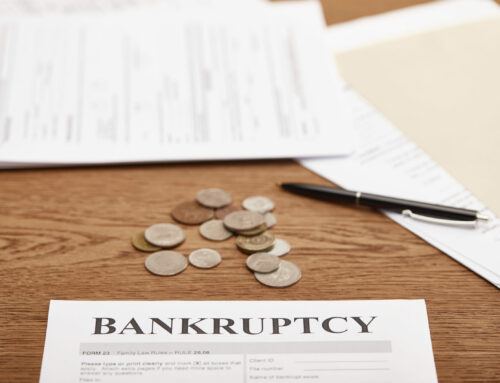
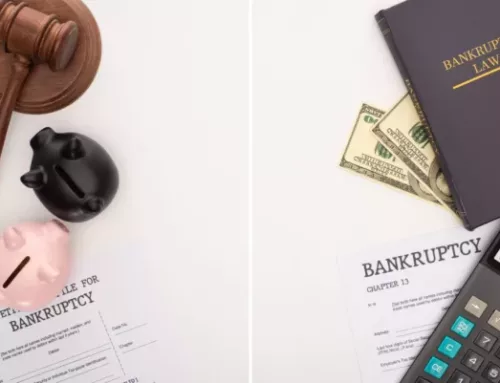
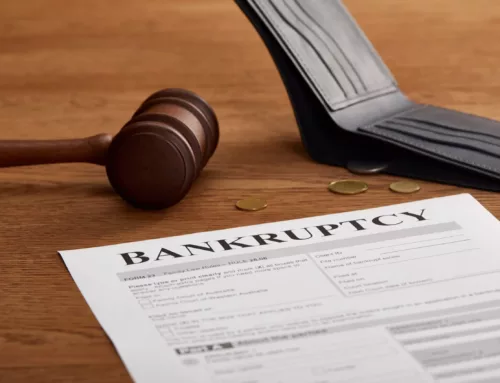
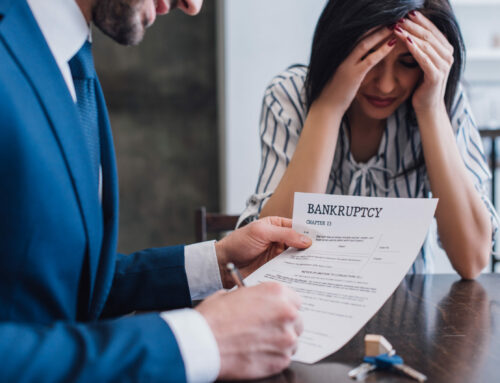

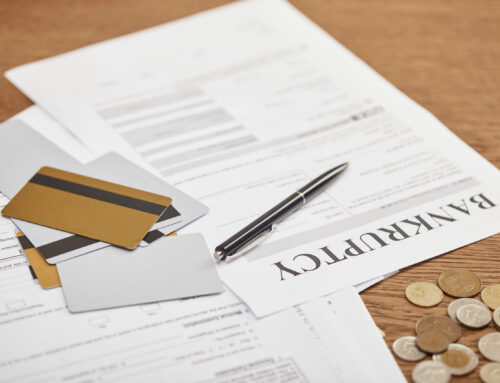

Connect with Us